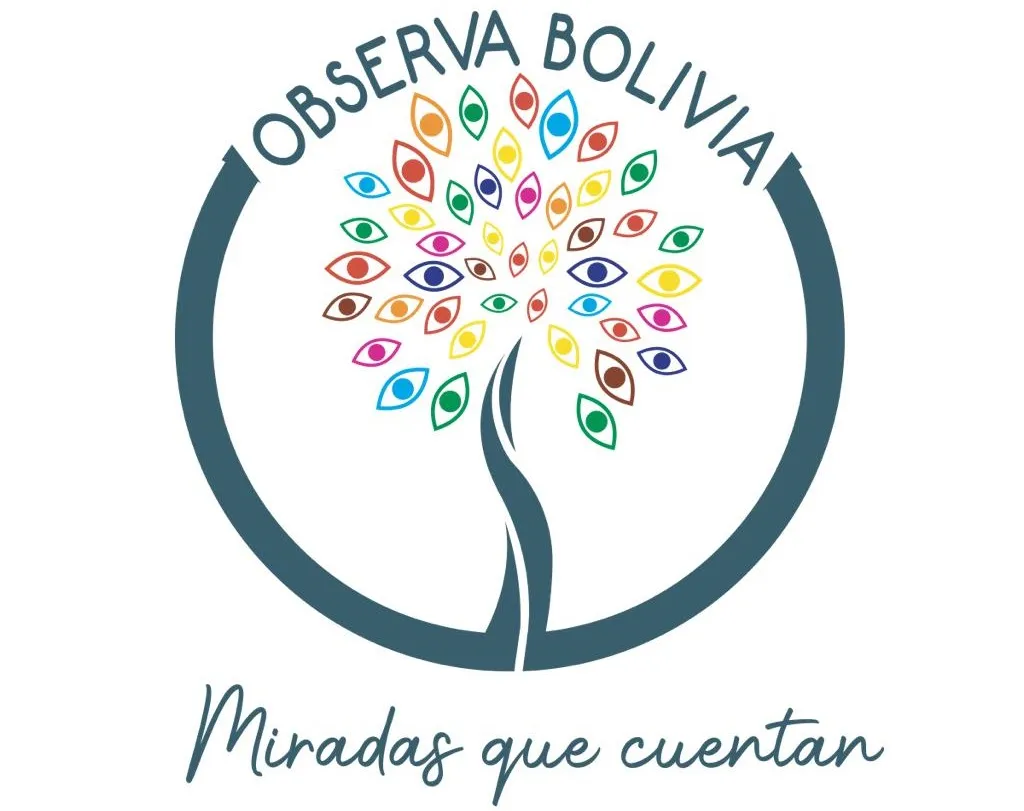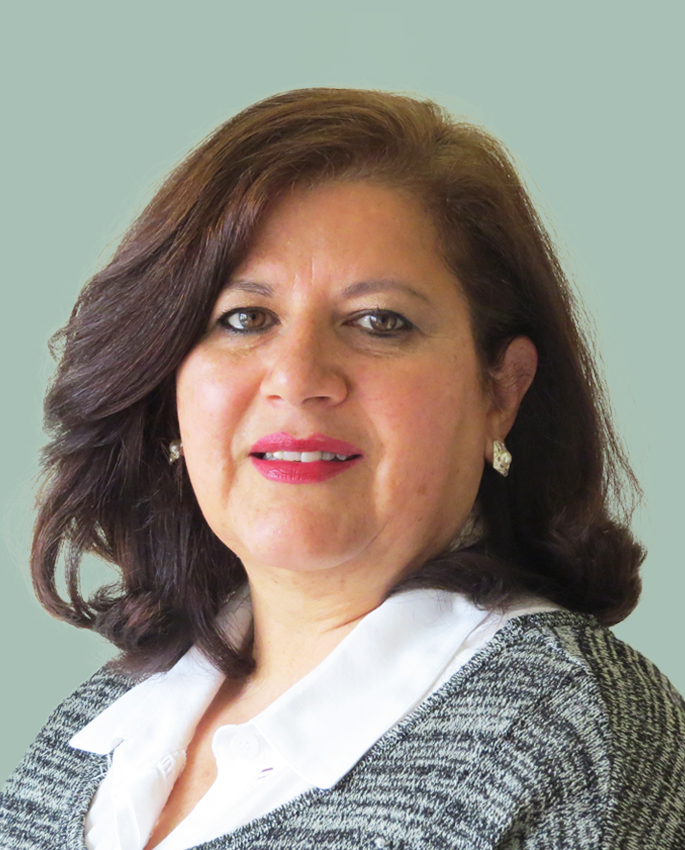“Observa Bolivia” will contribute to the transparency of the electoral process and democracy in Bolivia

A grouping of 16 of Bolivia’s civil society organizations (CSOs) has set itself the task of recruiting and training 2,500 volunteers to carry out observation activities during the upcoming general election to be held on 18 October 2020. The reason behind this initiative, given the name “Observa Bolivia”, is to contribute to the transparency of the electoral process, the strengthening of democracy and the promotion of citizen participation.
Este artículo está disponible en español.
“Observa Bolivia” objective is to examine—in a qualitative, comprehensive, impartial and independent manner—the quality of the electoral process. The launch of the project, which has the support of the European Union (EU), the Spanish Agency for International Development Cooperation (AECID) and International IDEA, was held on 4 September 2020, via Zoom, with the participation of representatives of organizations engaged in the initiative and in the presence of Salvador Romero, Chairman of Bolivia’s Supreme Electoral Tribunal (TSE).
Mr Romero emphasized the importance of citizen participation in electoral processes and in this one, in particular, noting in his capacity as the highest authority of the country’s Plurinational Electoral Body (OEP) that “the more eyes see our work, the better it is for Bolivian democracy because it engenders confidence in the execution of the electoral process in all its phases. We will open all the doors which you may require, that is our commitment, and we believe in the value of the exercise which you are undertaking.”
Bolivia will hold general elections to elect its president, vice-president, house representatives and senators on 18 October 2020, as a consequence of the annulment, by way of law, of the October 2019 election on suspicion of fraud, which according to an audit report by the Organization of American States (OAS), would have benefited the then president and candidate, Evo Morales, which is why the new process, conducted by a renewed electoral body, takes on greater importance.
Alfonso Ferrufino, International IDEA’s Senior Adviser expressed that; the great challenge facing the people of Bolivia today is to regain confidence in their vote as the main instrument for pursuing democracy, and that is the meaning and relevance of this initiative, which consists of citizens observation of the electoral process through the active participation of CSOs.
The observation mission which will be carried out by the 2,500 volunteers on the polling day is one of the three phases of the "Observe Bolivia" project and will result in a report, with conclusions and recommendations, which will be delivered to the OEP.
Observers will work in 428 polling stations and 1,173 voting tables in urban and rural areas, under the guidelines of Electoral Observation Guidelines on the basis of 14 indicators and 32 questions, in line with the European Union (EU) Election Observation Handbook. They will fill out forms and transmit the information at the end of polling day through a call center and a web application.
Some of these indicators deal with: custody, distribution and return of election material, the opening and operation of the voting tables, possible conflict, participation of political organizations, closing of polling stations, vote count and compliance with biosecurity measures in the face of the COVID-19 pandemic.
Mr Diego Zurdo, the EU’s representative in Bolivia pondered that, "only the rule of law, based on respect for the popular will and dialogue, guarantees peaceful
coexistence and the consolidation of democratic institutions. I have no doubt that Bolivian civil society is strong, well-structured and has the technical skills to play this role."
During the project’s pre-electoral first phase, monitoring and technical analysis will be carried out on the registry of citizens in the electoral register, the registration of candidates, the broadcast of advertising and the selection of electoral juries, among other such activities. The post-electoral third phase will conclude with the observation of the vote count, the publication of results and the application of electoral justice.
The 16 CSOs engaged in this initiative have been working for years in various regions across Bolivia in the promotion of development and human rights, particularly the rights of indigenous peoples, women and young people.




